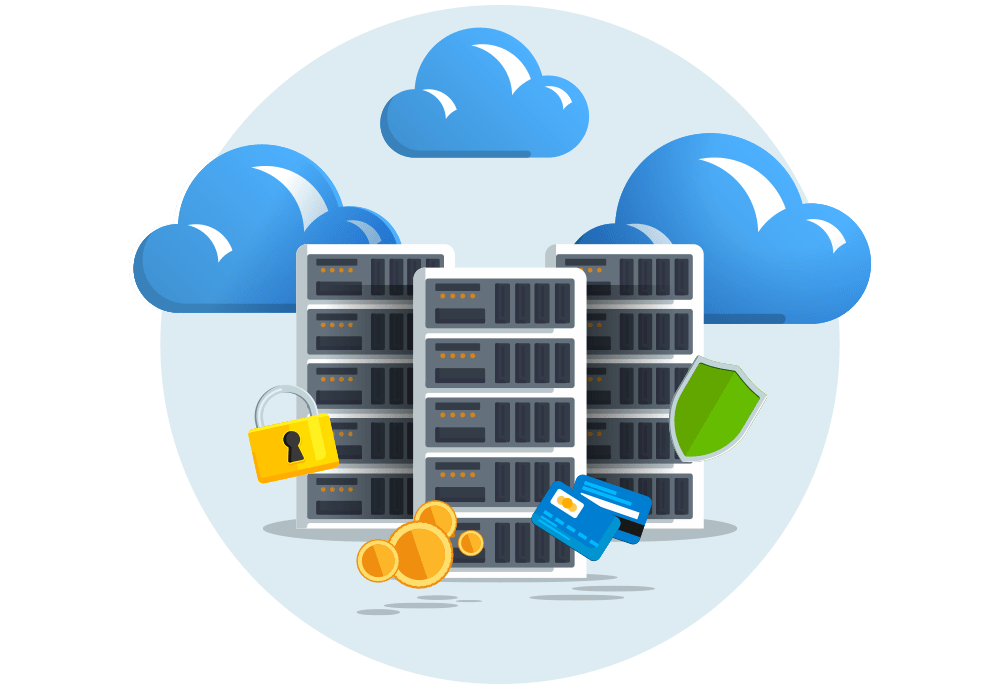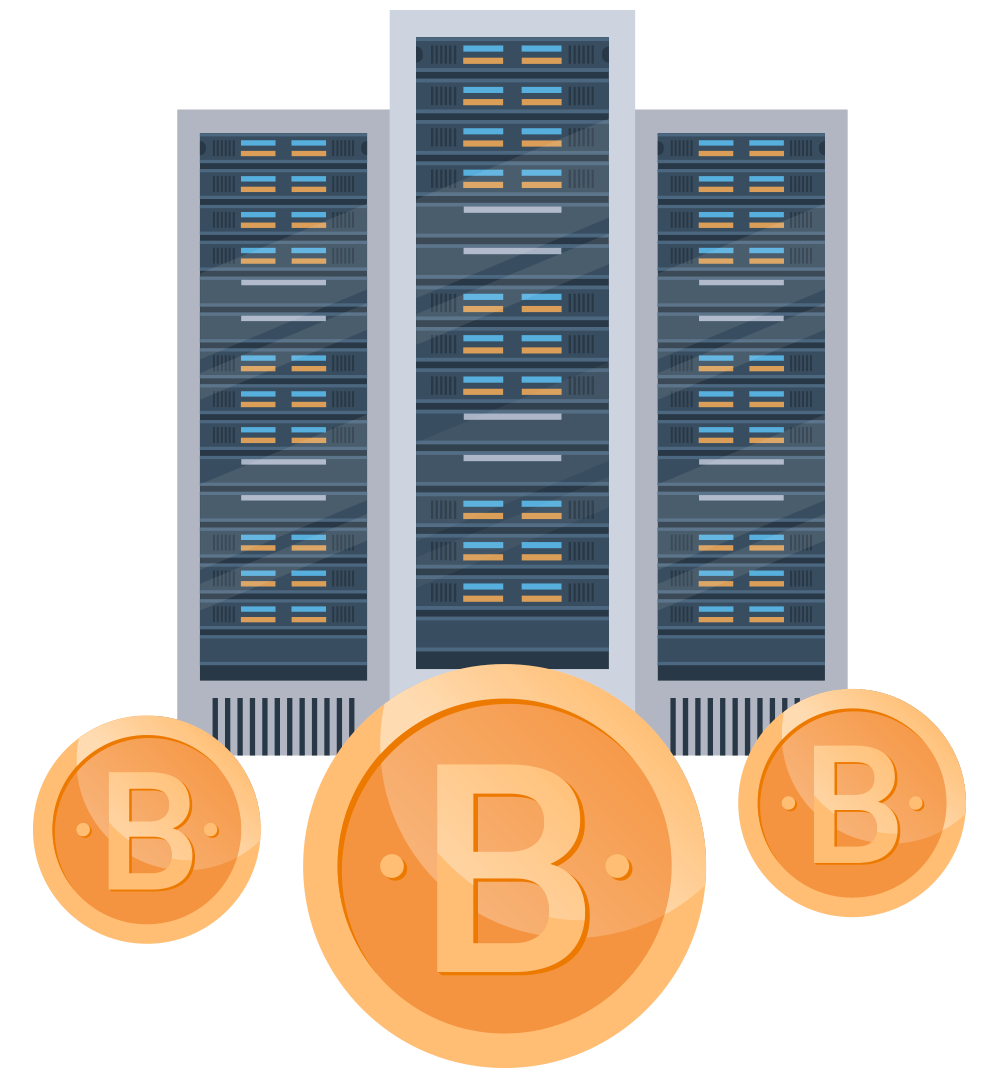

Bitcoin mining is the backbone of the Bitcoin network, a decentralized digital currency. It involves solving complex mathematical problems using powerful computers to validate and add new transactions to the blockchain, a public ledger that records every Bitcoin transaction. Miners compete to solve these problems, and the first to solve one gets to add a new block to the blockchain and is rewarded with newly created bitcoins. This reward system incentivizes miners to dedicate their computational power to maintaining the network's security and integrity.
In addition to creating new bitcoins, mining plays a crucial role in securing the Bitcoin network. Each solved problem adds a layer of security, making it increasingly difficult for malicious actors to alter past transactions or disrupt the network. By decentralizing transaction validation, Bitcoin mining ensures that no single entity has control over the network, preserving its trustless and decentralized nature. This process, though resource-intensive, is essential for the continued operation and growth of the Bitcoin ecosystem, providing a secure and transparent method for transactions.

Bitcoin hashes are cryptographic functions that play a vital role in the Bitcoin network's security and operation. A hash function takes an input, such as a Bitcoin transaction, and produces a fixed-size string of characters, which appears random. This string, known as the hash, is unique to the input data. Even a small change in the input results in a significantly different hash. In Bitcoin mining, miners use the SHA-256 hash function to convert blocks of transaction data into hashes, ensuring the integrity and security of the blockchain.
Hashes serve multiple purposes within the Bitcoin ecosystem. Firstly, they help in securing transactions by ensuring that each block in the blockchain is linked to the previous one through its hash. This linkage creates a secure chain that is difficult to alter. Secondly, miners compete to solve a hash puzzle, which involves finding a hash that meets certain criteria set by the network. This process, called Proof of Work, requires substantial computational power, ensuring that adding a new block is challenging and resource-intensive. By solving these puzzles, miners validate transactions and secure the network while earning new bitcoins as a reward.
Register, Configure, and Start Earning with Ease!

OneXmine